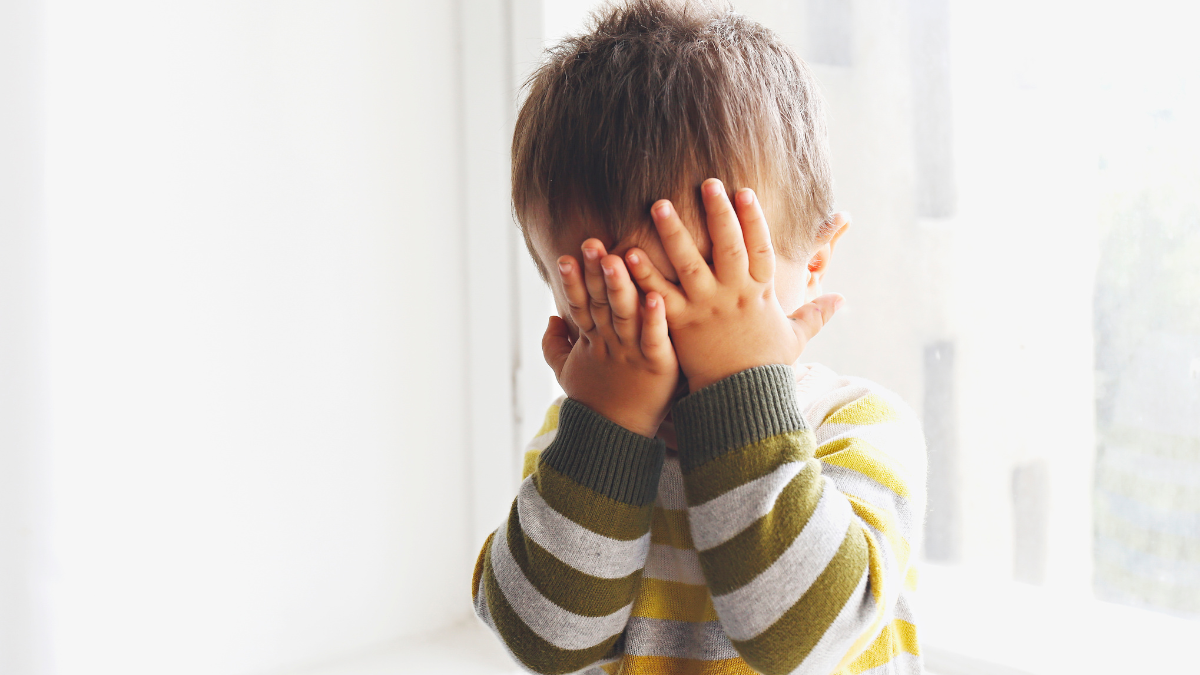
I have learned so much about myself from my son. The kind of mom I want to be. The kind of person I want to be. Each stage of his development has brought so much joy but also challenged me in so many ways: to grow in patience, to embrace imperfection, to be okay with messes, and to be forgiving of myself when I lose my cool and don’t remember everything (or anything) I thought I learned.
One of the things I’ve been trying to improve on as a parent is helping my son remain calm when he gets frustrated. Toddlers are known for their tantrums. Developmentally they are in a time where they are prone to frustration: they understand more than they can communicate, they are growing physically and mentally and don’t understand their limits, and they are feeling new emotions that they are unsure of how to express.
Before I get into specifics, I want to first say that because every child is different in personality and behavioral tendencies, reaching a calm state will come easier to some than others and certain techniques will work better in some than others. While sharing your experience with other parents and asking for advice can be helpful, comparing your child to another most likely will not. Also, know that this gets better with practice. Give yourself grace! Parenting isn’t easy, especially in the toddler stage. You got this mama!
These are just a few ideas. there are many more out there! And even though we should show empathy while we are with our frustrated toddler, we also should put our feet up at the end of the day and laugh with our partners and friends about some of these moments. I mean what else is there to do when your 2-year-old cries because you won’t let him ride the vacuum around the house or because his shadow won’t go away!
© 2023 All rights reserved Baby & Toddler - part of parent promotions